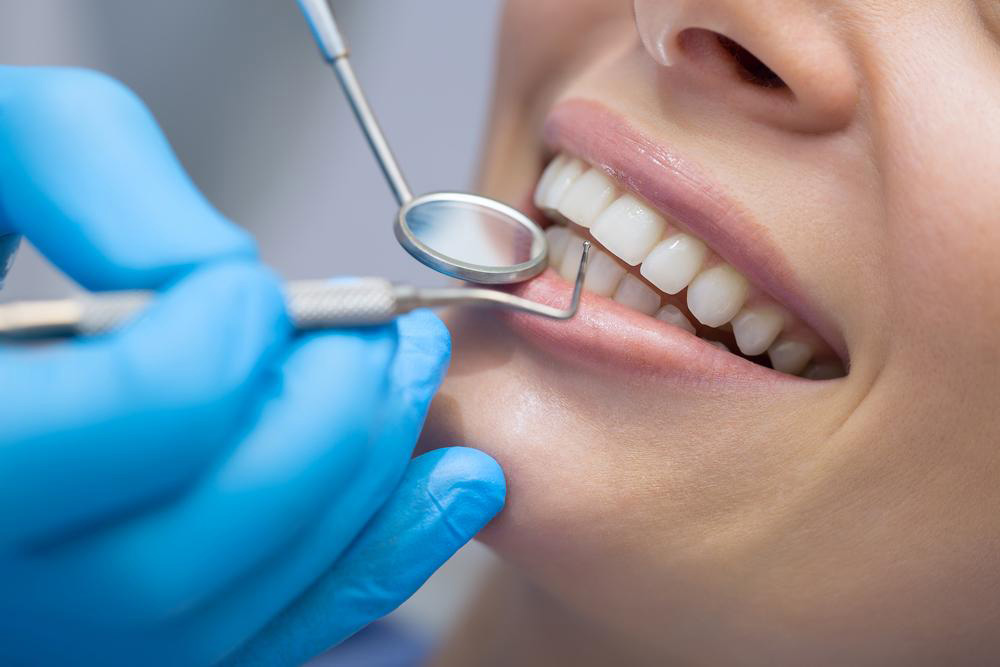What to expect with dental implants
Healthy teeth can do wonders for self-confidence and your overall well-being. However, illness, injury, lifestyle, and other factors can cause teeth to look less than stellar. If you are unhappy with your teeth or looking to improve them, you might want to consider dental implants. They can improve self-esteem and speech as well as aid in better digestion and enhance oral health.

The procedure
You will need to undergo a dental exam prior to the procedure where an x-ray and a mold of your mouth may be made. This will determine the course of your treatment plan and tell the doctor how many teeth need to be replaced and whether bone augmentation may be required. This is necessary if there’s not enough bone to support the implant.
Implanting is a surgical procedure and you will be kept under local anesthesia. However, your doctor may advise intravenous sedation if there is considerable dental damage. You may need to undergo several sessions spread over a few months.
During the procedure, damaged teeth are removed and the jawbone prepped for the implants. Holes are drilled deep into the bone where needed and the implant inserted. The bone is left to grow and fuse with the implant. The healing process can take months, which is why the procedure is undertaken over several months.
Once the bone heals, the doctor will place an abutment to support the crown or bridge. Artificial teeth will be placed on the abutment when the tissue heals.
Removable and fixed teeth
You have the choice of getting either removable or fixed teeth. The removable option is similar to traditional dentures that can be removed for cleaning or before sleeping. The fixed option, on the other hand, is permanently attached to the abutment and can’t be removed. It is extremely stable, does not click or shift, and does not limit the type of food you can consume. The long-term benefits far outweigh the initial costs.
Post-operative care
Like any other procedure, care should be taken after operation in case of dental implants. New York has many reputed clinics that can advise you on the same. You need to treat implants as you would your natural teeth. This means brushing and flossing at least twice a day and following up with a prescribed mouthwash. Dental appointments every six months are necessary. The doctor will check the implant and make adjustments if needed.
Use a soft-bristled brush to clean hard-to-reach areas. Your doctor will tell if you need to use special toothpaste. Like natural teeth, implants can decay with neglect. Bleeding is one of the earliest signs and if not addressed, it can lead to bone deterioration. Treatment can be expensive and lengthy at this stage.











